For countries around the world, especially developed countries, the integration of sports and education has become an important trend and has been substantially implemented in educational reform.
Many countries are integrating physical education with academic education through policy guidelines, curriculum reforms, teacher training and other measures to cultivate students' physical fitness, team spirit and sporting abilities.
Closing the 2024 Olympics, the Chinese sports delegation achieved great success with a record of 40 Gold Medals (HCV). The achievement helped China equal the number of Gold Medals (HCB) compared to the US, but ranked 2nd because it had fewer Silver Medals (HCB) and Bronze Medals (HCĐ).
Among these, many athletes are undergraduate students, master's and doctoral students.
“The achievements and spirit of Chinese athletes at the 2024 Paris Olympics have inspired the whole country and made people from all walks of life think about education and sports issues,” said Professor Wei Jun, a member of the National Committee of the Chinese People's Political Consultative Conference and Principal of the School of Physical Education at Guangxi Sports College (China).
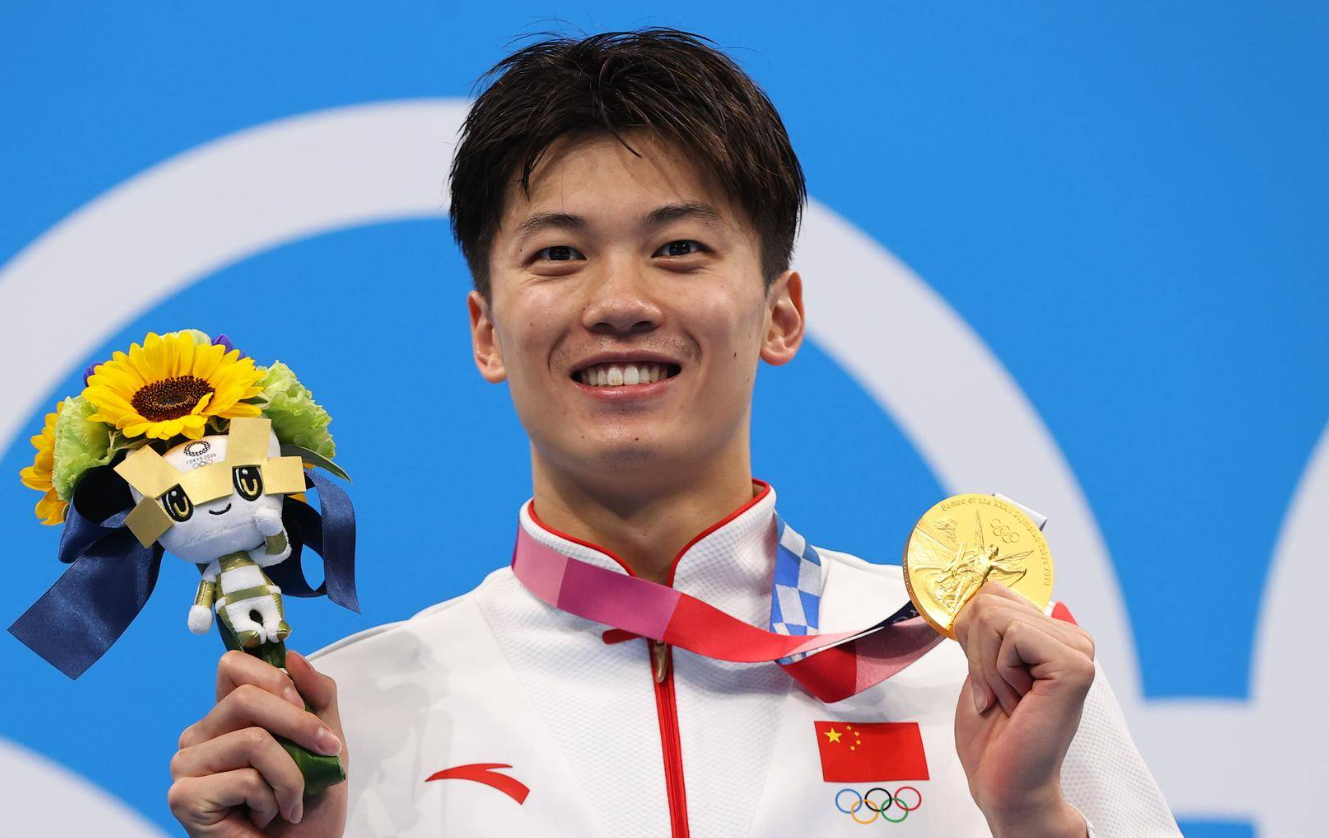
Pay attention to the substance of school physical education
School physical education is an important part of China’s overall education system. The “Healthy China 2030” plan, released in 2016, requires students to master at least one sports skill.
The fundamental goal of Chinese school physical education is to "improve the physical quality of the country and cultivate builders and successors with all-round moral, intellectual and physical development for socialist modernization by improving students' physical fitness and promoting their healthy physical and mental development".
Chinese school physical education includes several main components such as: (1) Physical education through classroom classes; (2) Extracurricular sports activities organized by schools or students themselves; (3) Team training and various forms of sports competitions (such as intra-class competitions, inter-school competitions, participation in national, regional and world level competitions).
Popular school sports include long jump, high jump, jumping rope, sit-ups, basketball, soccer, volleyball, badminton, swimming, athletics or aerobics.
Distribution of physical education lessons at school is as follows: Primary and lower primary school: 3 lessons/week, middle school: 2-3 lessons/week and high school: 2 lessons/week.
In many areas, physical education scores are included in the total score of the senior high school entrance examination. For example, the Xi'an Municipal Education Bureau (Shaanxi Province) requires all ninth-graders to take a physical education exam and a health examination. The physical examination consists of two parts, each worth 60 points: a periodic assessment in school and a final exam. The periodic assessment results account for 15 points (6 points for physical education and health and 9 points for the "National Physical Fitness Standards for Students"), and the final exam score is 45 points.
The test results are divided into 4 levels: A (60-54 points is excellent), B (53.9-45 points is good), C (44.9-30 points is qualified) and D (29.9 points or less is failed). Students will be notified of their physical test scores immediately after the test. If the total score is below 30, the student will not be considered for the high school entrance exam.
Similarly, in the Shanghai Municipal High School Entrance Examination, the physical education test, worth a total of 30 points, is held by district, usually in mid- to late April each year. The exam also consists of two parts, worth a total of 30 points: school assessment and final exam.
Since its first event in 1982 in Beijing, the National University Games has become a regular event held every four years.
Chinese universities and colleges also hold annual University Sports Festivals to enrich extracurricular life, test students' physical fitness, and "pave the sand for gold" to compete at higher levels.
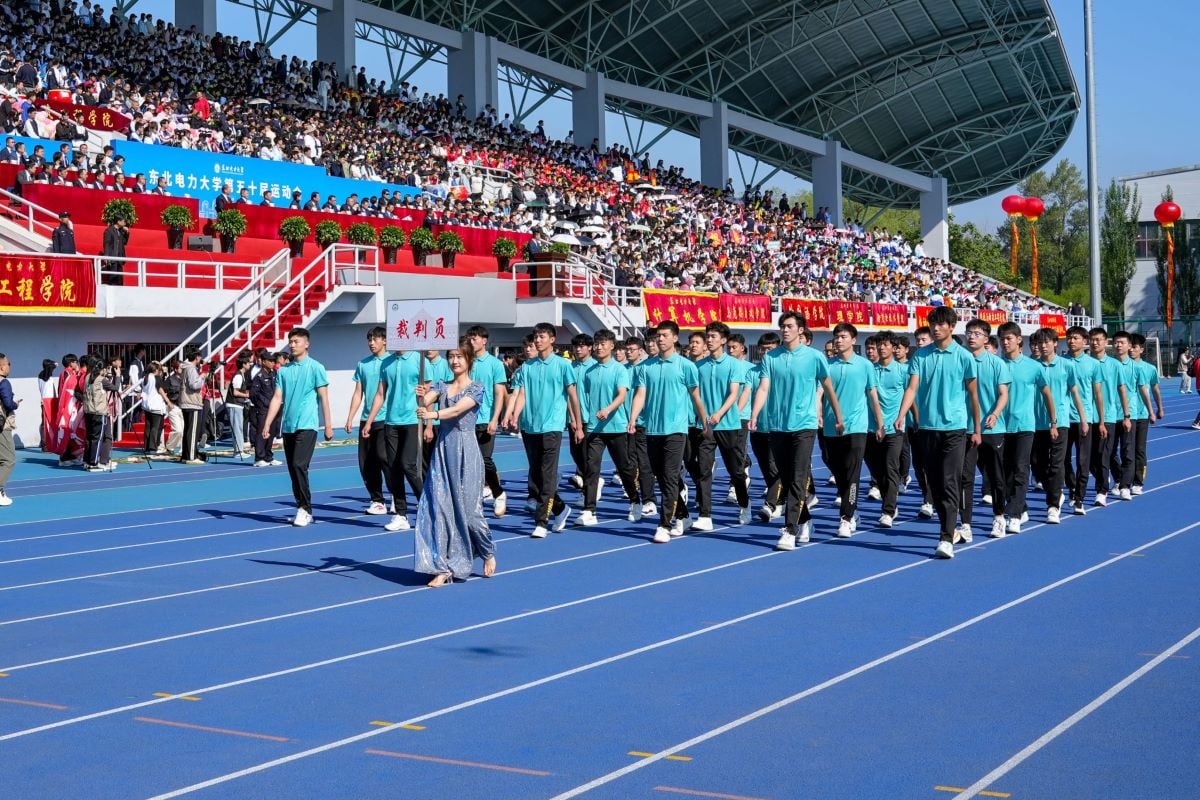
Physical education teachers are no less important than cultural subject teachers.
From the success of the 2024 Olympics, Professor Wei Jun has summarized the lessons of Chinese school sports education:
Firstly, the status of physical education subjects in general education must be raised. Education management agencies and schools need to fully recognize the importance of physical education and include sports in the school's overall development plan to ensure that physical education has an important position like other subjects. Strengthen the integration of physical education with other subjects through interdisciplinary teaching activities.
Second, schools should teach students in accordance with local conditions and based on their age and interests. Innovate and build a diverse physical education curriculum system, which can be divided into basic, specialized and hobby-based physical education subjects. Teachers should also seek innovative teaching methods, first understand the needs of students, explore and practice diverse teaching methods to stimulate their interest.
Third, physical education teachers are as important as teachers of cultural subjects. Good physical education teachers are the key to nurturing talent and improving the quality of physical education teaching. Schools need to increase recruitment, remuneration, training and improve the qualifications of physical education teachers. Good facilities and sports equipment are the basis for carrying out sports activities. Special attention should be paid to schools that lack facilities and measures should be taken to improve sports equipment in schools.
Fourth, schools need to strengthen cooperation with families and society to jointly create a good physical education environment. Schools can encourage and guide parents and social forces to effectively participate in physical education at school, and at the same time take measures to increase the interest of the whole society in school physical education.
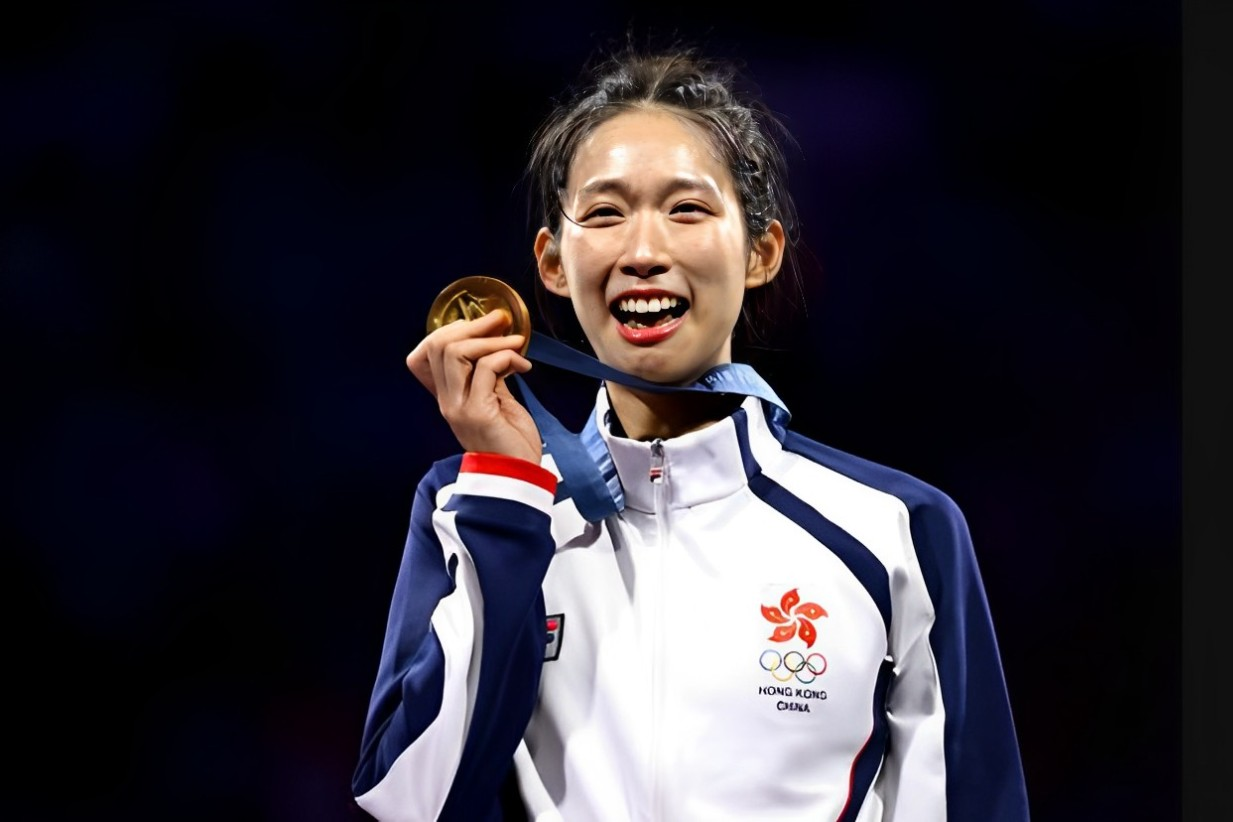
Source: https://vietnamnet.vn/trung-quoc-thong-qua-the-thao-hoc-duong-de-dai-cat-tim-vang-nhu-the-nao-2312378.html










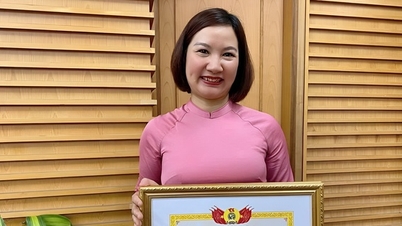

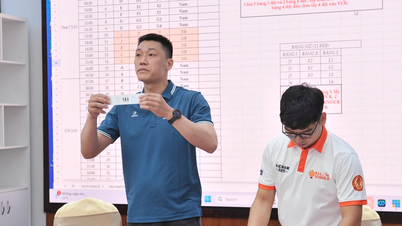
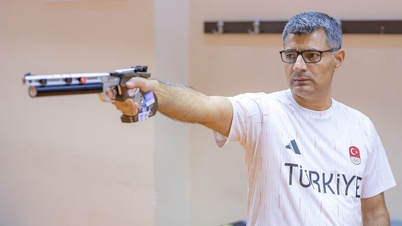

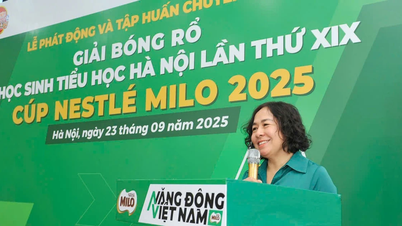




![[Video] Groundbreaking ceremony of inter-level boarding schools in the border areas of Tuyen Quang and Lao Cai](https://vphoto.vietnam.vn/thumb/402x226/vietnam/resource/IMAGE/2025/11/09/1762702287645_lao-cai-ha-giang-6159-jpg.webp)


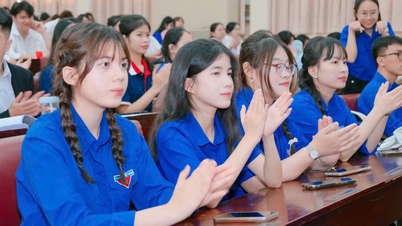

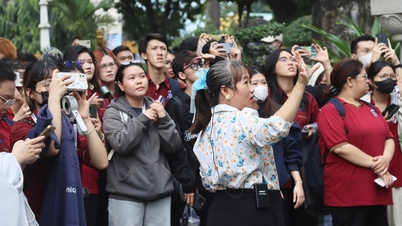







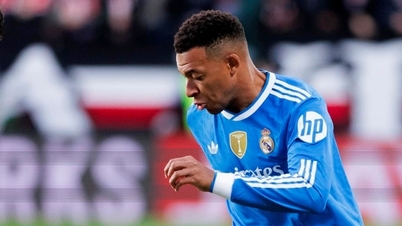

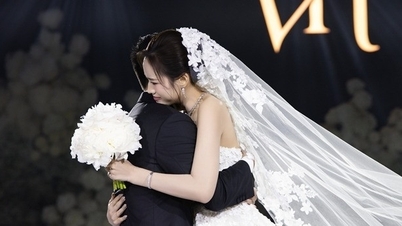




































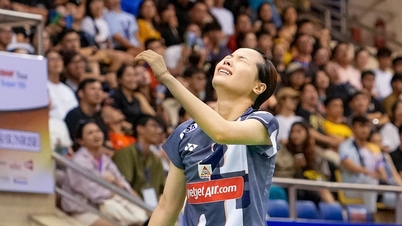
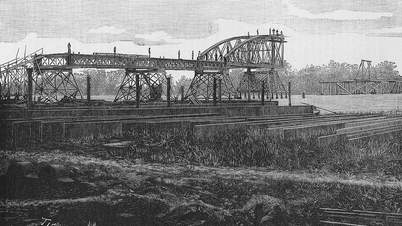

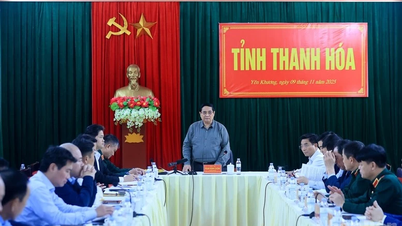



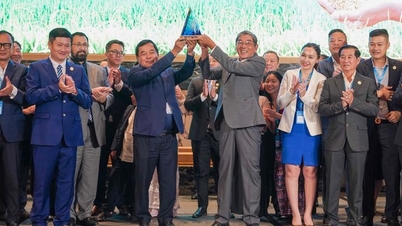



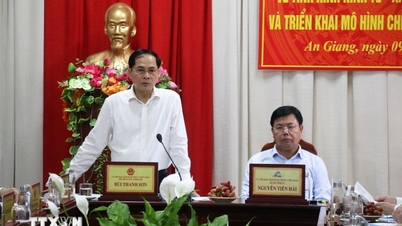







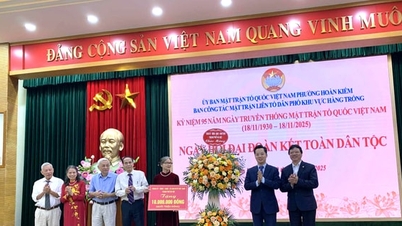



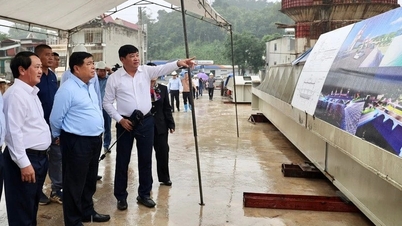














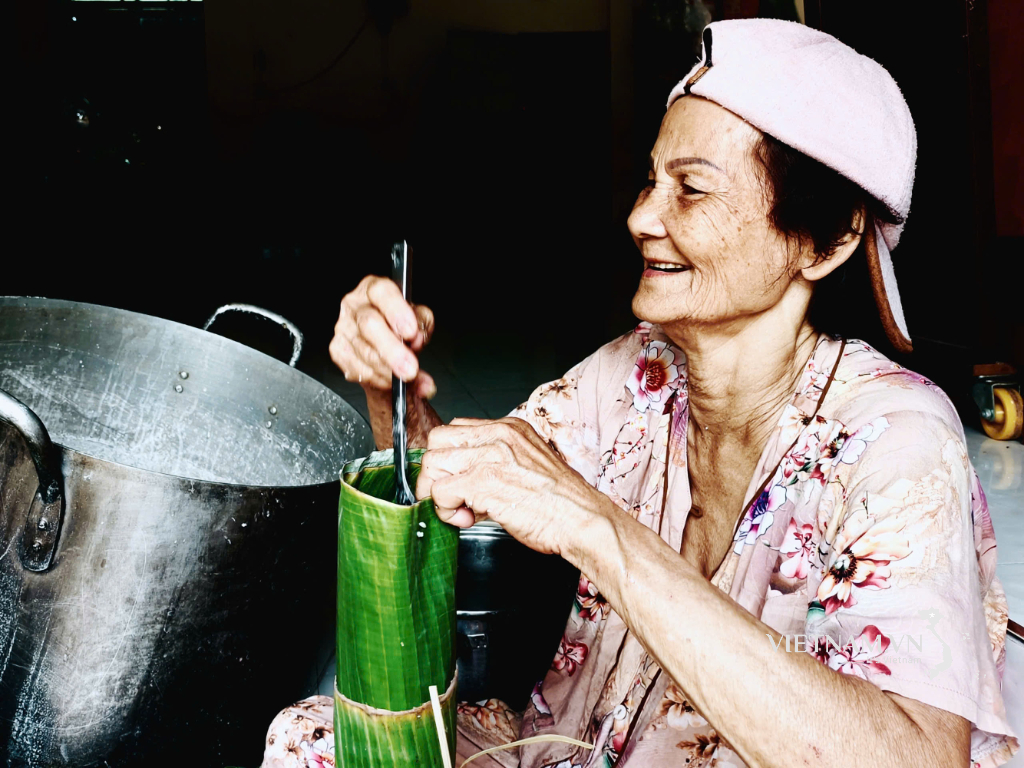

Comment (0)